How do we prepare students for 21st century learning? The Common Core Standards call for "more rigor, complex reasoning, problem solving, and critical thinking than traditional learning." How do we teach so that students meet these new standards? What professional development will need to be done so that teachers may provides their students with the necessary skills? As the titleof the article states, "How do we prepare students for compelex futures?"
The post looks at a variety of materials that discuss skills and strategies that one might consider. In 2008 Tony Wagner suggested 7 areas that were critical for students to learn:
* Problem-solving and critical thinking
* Collaboration across networks and leading by influence
* Agility and adaptability
* Initiative and entrepreneurship
* Effective written and oral communication
* Accessing and analyzing information
* Curiosity and imagination
Materials from David Conley regarding "key cognitive strategies", Costa and Kallick and habits of mind, and other dispositions are also discussed.
The last section of the post looks at "a new paradigm: on-going, formative, self-assessment."



 Your new post is loading...
Your new post is loading...
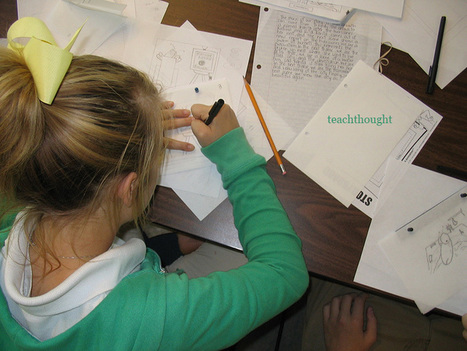


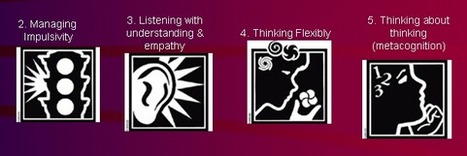


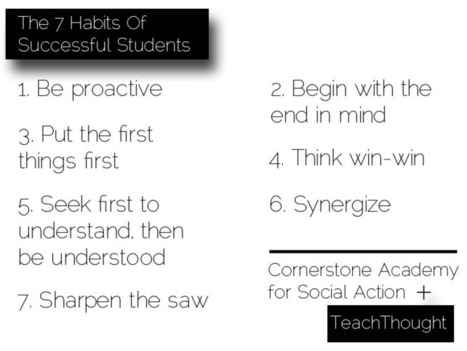
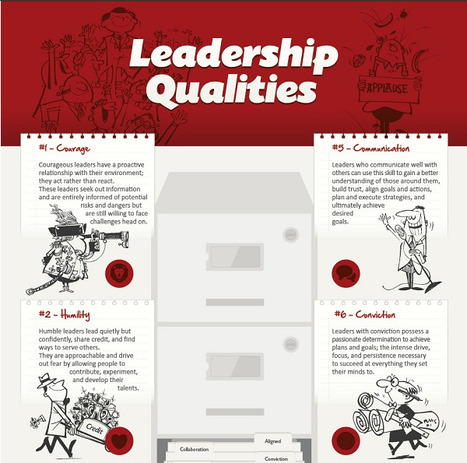

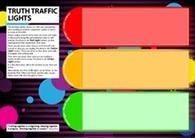

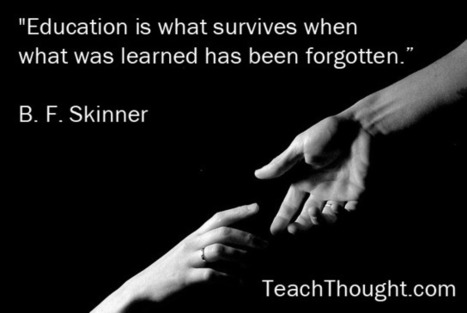
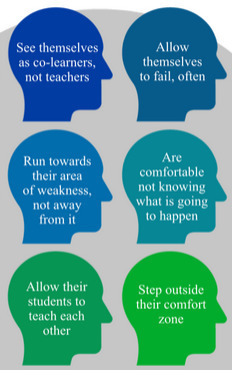


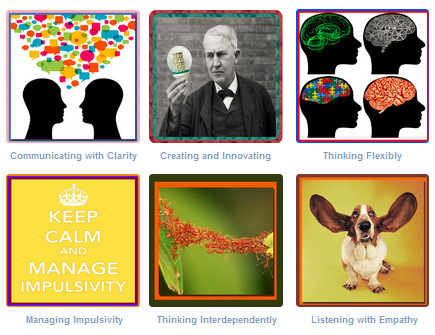


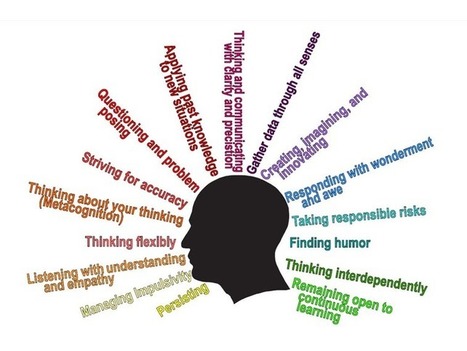


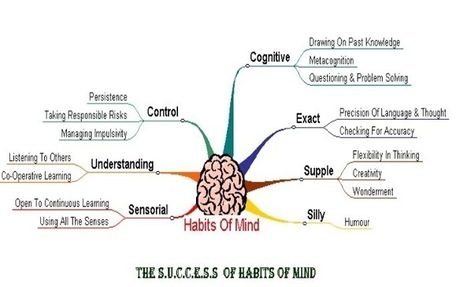

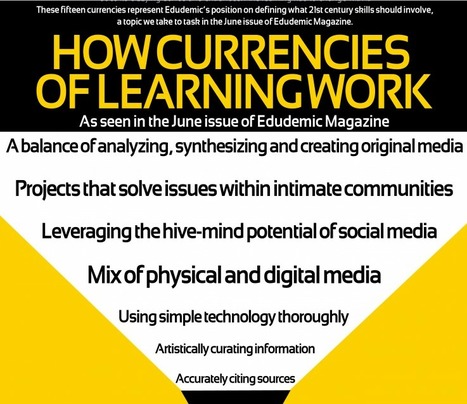





We should find every means possible to celebrate the process of failure in order to achieve success.
Great for even adult having to learn in a different way different from their norm! Because even for adults failing to be able to properly teach is frightening because you don't know how, and the relearning differently process is frustrating to a point but the fact that we are yet alive with the opportunity and new resources to try to learn by different methods and with failure made a positive instead of a negative along the way, the failure of that way does not leave the negative effect that it once did that makes us feel like giving up but some how brings an attitude of ok this didn't work but there is something else lets try that. I am thankful to all for the posting about education an learning tools, resources, techniques as I am hopeful and thankful that that new way to learn will come if I faint not.